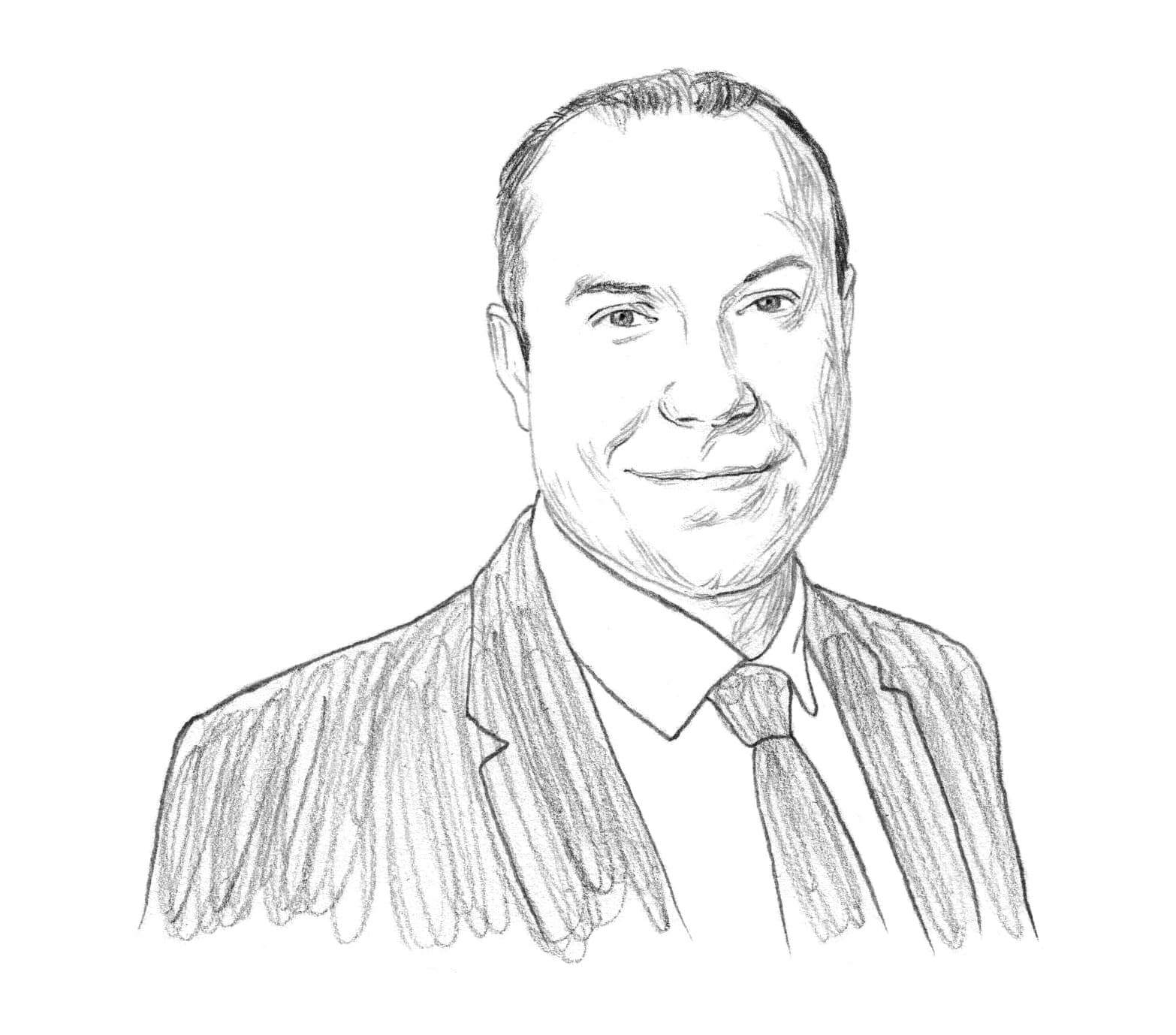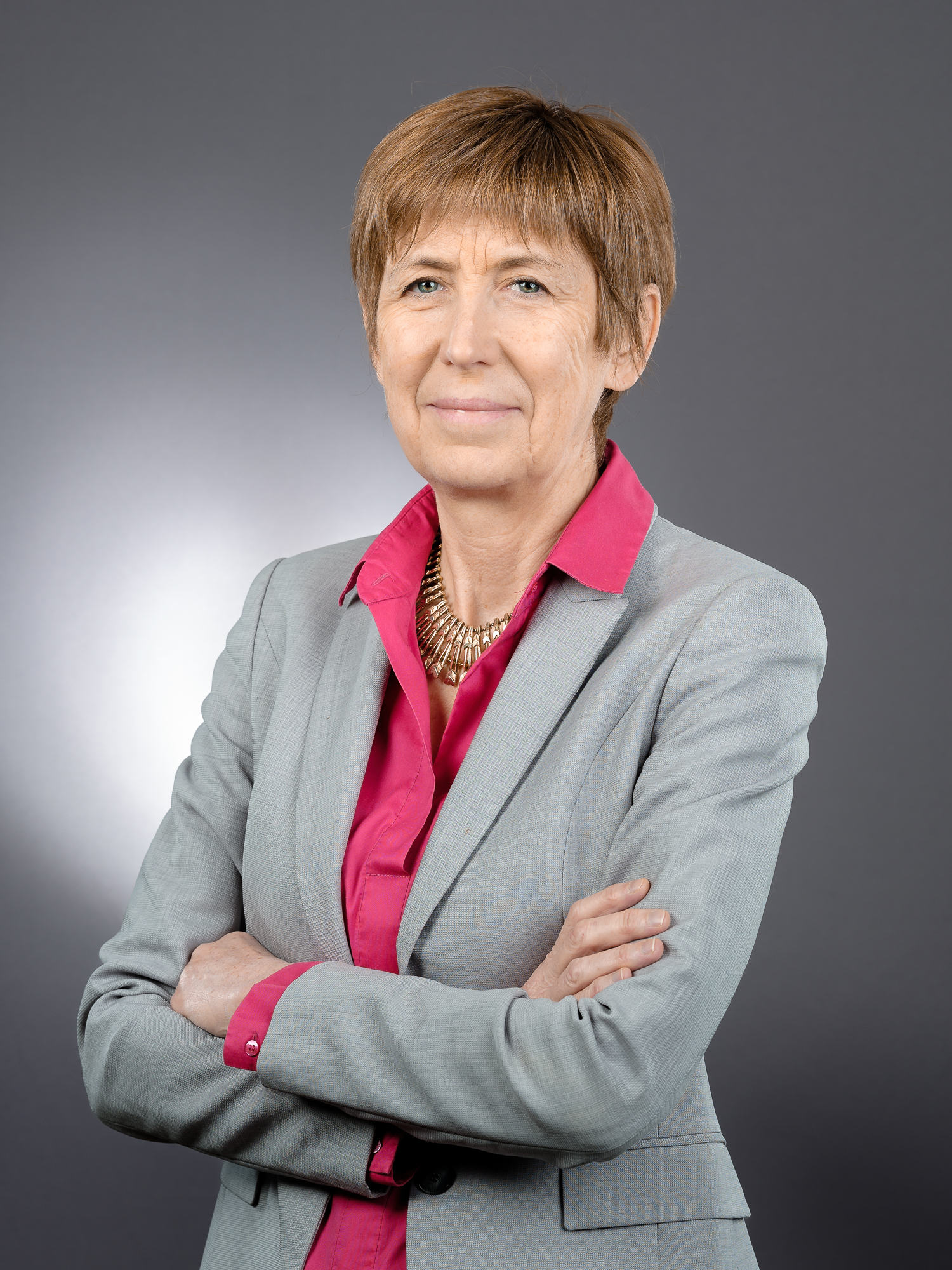How are we doing on decarbonising the economy? What role should businesses play? Specifically, what ambitions and solutions does VINCI Energies have? François Gemenne, a professor at Sciences Po Paris and the University of Liège, and co-author of the IPCC report, and Corinne Lanièce, General Secretary of VINCI Energies, answer these questions.
You contributed to the most recent IPCC report last April. What are its key points?
François Gemenne: There are three main ideas to consider. The first is the irreversibility of climate change. The second is the absolute urgency for our cities, our regions and our territories to implement public policies to adapt to these effects. And the third idea is the need to link climate policies with social policies. We know that the most vulnerable populations will be the worst affected.
What can economic operators do, and businesses in particular?
FG: The good news is that we can still act on the extent of global warming. We face a progressive problem in which every incremental temperature increase matters. Every tonne of CO2 not emitted can make a difference. This is where businesses and individuals have a huge role to play. Multinationals like VINCI can go beyond national constraints and take steps that have a significant impact on CO2 reduction.
Corinne Lanièce: At VINCI Energies, as an accelerator of energy transition, we have a special role to play in energy management and reducing greenhouse gases. We consider two types of carbon footprint. First, our own carbon emissions. This is the energy we consume with our assets and in relation to our business activities. The second type of carbon footprint relates to our indirect emissions. This includes the CO2 emitted by machinery and equipment that we purchase, by our suppliers’ and subcontractors’ services, and the emissions that our customers create when they use the facilities, products and services that we sell them.
What targets has VINCI Energies set for reducing its own carbon emissions?
CL: We are committed to reducing our direct carbon emissions by 40% by 2030. These amount to 310,000 tonnes of CO2 equivalent per year, or 13% of the VINCI Group’s Scope 1 and 2 emissions. The fuel used in our vehicle fleet accounts for 90% of our direct emissions. Our main levers for action therefore affect this fleet. There are various solutions: increasing the proportion of electric vehicles, biofuel, journey optimisation, etc. But we can also look at energy efficiency in our buildings, precise monitoring of their energy consumption, and greater use of green energy. In fact, 10% of our indirect emissions come from the energy we use to heat and light our buildings and facilities. We are still below our trajectory. There is work to do, business unit by business unit.
“The trajectory is easily as important as the final objective” (François Gemenne)
FG: This is a very important point. It is essential that we emphasise not only the final objective, but also the trajectory for reaching it. This is key, because many businesses talk about their targets for 2030 but forget to say where they are today and what they intend to do tomorrow, next week or for the next six months. The trajectory is easily as important as the final objective.
What about VINCI Energies’ indirect carbon emissions?
CL: We aim to reduce our indirect carbon emissions by 20% by 2030. These represent the majority of our total carbon footprint, at around eight million tonnes of CO2 in 2021. Of these, 40% are from upstream, i.e. our suppliers and subcontractors, and 60% from downstream, i.e. our customers. The 1,800 VINCI Energies business units are central to their customers’ choices in energy, infrastructure and processes. We provide numerous customised solutions to help them reduce their carbon footprints.
Why do the different VINCI Energies business lines all have their own carbon calculator?
CL: Tools for measuring carbon emissions are crucial for accelerating assessment of our own projects and being able to advise our customers. We have developed tools to assess the impact of our projects for all our business lines. These tools are important, but it is even more important that our operations managers become familiar with the concept of “carbon accounting” and are able to raise the subject with their customers. Carbon accounting tools help us to make our customers more aware of the impacts their choices have in terms of CO2 and encourage them to choose solutions with lower CO2 emissions.
FG: It is essential to be able to quantify and monitor CO2 emissions. This is not simply a methodological issue but also a political one. Who should shoulder the responsibility for CO2 measurements? What are the implications of choosing this or that counting method? Currently, the main challenge facing most companies lies in going beyond good intentions and understanding that a business activity that is unsustainable today will not be profitable tomorrow. Take the example of Toyota: they invested a lot of money in hybrid and electric vehicles when no one really thought it was worth doing. But that strategy enabled them to take the lead in the American automotive market. It is essential that large companies like VINCI Energies understand that it is in their interest to decarbonise their business activities, even though the costs may seem higher in the short term. An organisation like VINCI Energies is present in energy, transport, infrastructure, manufacturing, building, ICT and other sectors. In all these areas, it is essential to reduce our energy consumption and improve energy efficiency. That is what will make the difference.
Does VINCI Energies proactively suggest environmental solutions to its customers, even if customers are not requesting them?
CL: VINCI Energies is resolutely playing its role as a facilitator of environmental transition. Where low-carbon technologies exist, it is our responsibility to offer them to our customers. The aim is to find the simplest solutions with the maximum effects.
FG: To achieve the goals of the Paris Agreements, we must not consume any more coal. But we also need to reduce oil use by 60% and gas use by 70%. We are currently nowhere near that! We therefore need to use less energy for the same tasks.
“As an accelerator of energy transition, we have a special role to play” (Corinne Lanièce)
So, does that make energy saving an imperative?
FG: Since the war in Ukraine began, the concept of energy conservation has become something of a civic duty, to avoid financing Russia by purchasing its oil and gas. But the problem is actually much wider. If we continue to consume energy at current levels, renewable energies, and even nuclear, will never be able to replace fossil fuels. At this moment, fossil fuels still represent 84% of the total worldwide energy mix. It was 86% twenty years ago! In twenty years, despite all the warnings and efforts, we have only reduced the proportion of fossil fuels by two per cent! At the same time, renewable energies have soared spectacularly, becoming cheaper and more efficient. But the problem is that they have not replaced fossil fuels. They have instead supplemented fossil fuels to meet consumption that has constantly increased over the last 20 years.
CL: Things are moving fast, but we need to keep accelerating our efforts. We must create green solutions for our customers, with low environmental impact. Each of the four VINCI Energies business lines is involved and has its role to play in many different fields: renewable energies, hydrogen, storage, smart grids, process digitalisation, smart technologies, energy efficiency, building monitoring, etc. We still have plenty of work to do.
15/02/2023




